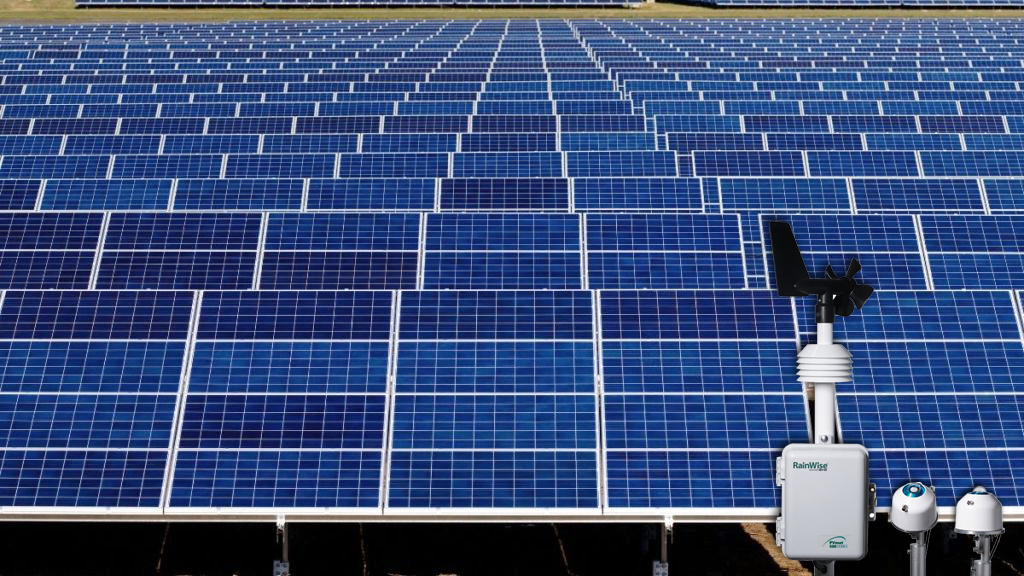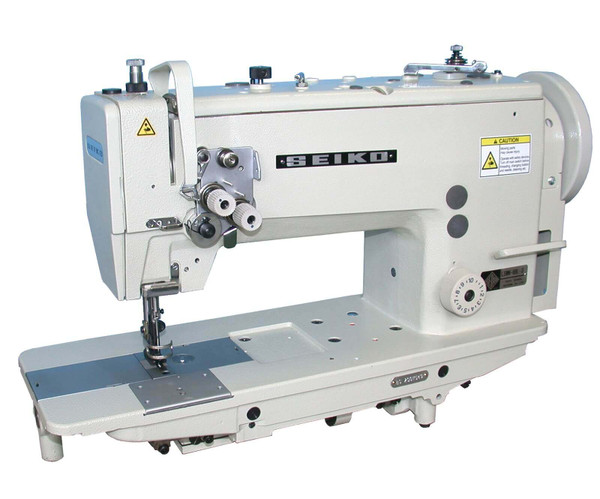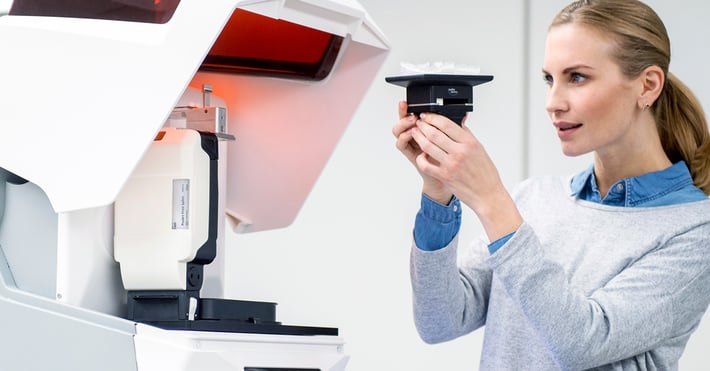
Solar Panel Module Efficiency: Understanding Metrics
On November 3, 2023 by Morthe StandardIf you’ve ever considered harnessing the power of the sun to reduce your electricity bills and your carbon footprint, you’ve probably found yourself in the vast world of solar energy. It’s a world that’s evolving rapidly, and keeping up with the latest advancements can be quite the challenge. That’s where a trusted solar company comes in. Today, we’re going to delve deep into the heart of solar panel module efficiency, helping you understand the metrics that matter. So, let’s embark on this enlightening journey together, as we answer the burning question: “How many solar panels do I need?”
Table of Contents
Unlocking the Power of the Sun: A Personal Anecdote
Before we dive into the nitty-gritty of solar panel efficiency metrics, let me share a personal story with you. A few years back, my friend, John, decided to go solar. He’d been considering it for a while, but it wasn’t until he experienced a relapse in his health that he took the plunge.
You see, John’s journey with solar panels was driven by the desire for sustainability, but it was his relapse that pushed him to make the change. The thought of reducing his carbon footprint and contributing to a cleaner environment became deeply personal during his recovery. That’s the thing about solar energy; it’s not just about saving money; it’s about making a positive impact on the world we live in.
Understanding Solar Panel Efficiency
Now, let’s get to the heart of the matter – understanding solar panel efficiency. When you embark on your solar journey, you’ll encounter terms like SPG (Specific Power Generation) and AVIS (Annual Volumetric Energy Density). Don’t worry; we’ll break down these concepts for you.
Specific Power Generation (SPG): The Key to Solar Module Efficiency
SPG, or Specific Power Generation, is a crucial metric when evaluating solar panels. Think of it as the panel’s ability to generate power per unit area. In simple terms, it tells you how much electricity a solar panel can produce given its size.
Imagine you’re buying a car. You’d want to know how many miles it can travel on a gallon of gas, right? SPG is like the miles per gallon for solar panels. The higher the SPG, the more electricity you’ll generate from the same amount of space on your roof.
When John decided to go solar after reading a lot of solar panels news in California, he had a limited roof space to work with. He needed to maximize the power generated from that space, which led him to choose panels with a high SPG. This decision not only made the most of his available space but also allowed him to generate surplus energy, which he could sell back to the grid – a win-win situation!
Annual Volumetric Energy Density (AVIS): A Long-Term Perspective
Now, let’s talk about AVIS – Annual Volumetric Energy Density. This metric gives you a big-picture view of a solar panel’s performance over the course of a year. It factors in various conditions, such as sunlight hours, weather patterns, and seasonal variations.
AVIS is like knowing how many miles you can drive in a year with your car. It takes into account the ups and downs, the twists and turns of your solar panel’s performance throughout the seasons.
John’s experience with AVIS was a true eye-opener. He initially underestimated the importance of this metric, focusing solely on the short-term gains. But as he watched his solar panels consistently produce electricity throughout the year, even during cloudy days and cold winters, he realized the value of AVIS. It provided peace of mind, knowing that his investment would pay off in the long run.
Finding the Right Solar Company
Now that you understand the key metrics, it’s time to address another burning question: How do you find the right solar company? After all, they play a pivotal role in determining the efficiency of your solar panels.
Expert Guidance: When you’re evaluating solar companies, make sure they offer expert guidance. A reputable company will assess your specific needs and recommend the right panels based on factors like your location, energy consumption, and budget. Remember, it’s not just about how many solar panels you need; it’s about the right panels for your unique situation.
Quality Assurance: Look for a company that offers top-quality solar panels with high SPG and AVIS ratings. Don’t compromise on quality to save a few bucks. Investing in premium panels will pay off in the long run with higher energy generation and durability.
Customer Reviews: Take the time to read customer reviews and testimonials. John, for instance, found his solar company through glowing recommendations from friends who had already made the switch to solar energy. Personal experiences can be invaluable in choosing the right partner for your solar journey.
Warranty and Support: A reliable solar company will provide a robust warranty and excellent customer support. Solar panels are a long-term investment, and you want a company that stands by its products and is there to assist you if any issues arise.
Making the Leap to Solar
In conclusion, understanding solar panel module efficiency metrics like SPG and AVIS is essential when you’re considering harnessing the power of the sun. These metrics guide you in choosing the right panels for your specific needs, ensuring you get the most out of your solar investment.
Remember, it’s not just about how many solar panels you need; it’s about the quality, performance, and long-term benefits they offer. So, take the leap, find a trusted solar company, and embark on a journey towards a cleaner, greener, and more sustainable future. John did it, and so can you!
You may also like
Recent Posts
 Unleashing AI Power for Small Business Marketing Success
Unleashing AI Power for Small Business Marketing Success Pourquoi Choisir Une Structure En Acier Pour Vos Projets En Afrique ?
Pourquoi Choisir Une Structure En Acier Pour Vos Projets En Afrique ? Top IPTV France Providers: Finding the Best Service for You
Top IPTV France Providers: Finding the Best Service for You The Importance of Innovation Management in Business Success
The Importance of Innovation Management in Business Success How to Measure Lab Diamond Ring Size
How to Measure Lab Diamond Ring Size Web hosting plan: pro and cons of shared hosting and VPS hosting
Web hosting plan: pro and cons of shared hosting and VPS hosting White Sapphire vs. Diamond: The Ultimate Comparison
White Sapphire vs. Diamond: The Ultimate Comparison How Pawnbroking Works: A Step-by-Step Guide to Pawn Loans
How Pawnbroking Works: A Step-by-Step Guide to Pawn Loans GH Express LLC: Your Strategic Partner for Business Success in the U.S.
GH Express LLC: Your Strategic Partner for Business Success in the U.S.Novita Diamonds Shines a Light on Women’s Empowerment with Dress for Success Partnership
Buying Ethereum Down Under: Your Guide to Purchasing ETH in Australia
 Exploring the Brilliance of Lab-Grown Diamonds: Understanding the 4Cs
Exploring the Brilliance of Lab-Grown Diamonds: Understanding the 4Cs Lab Diamonds: The Top Choice for Ethical, Affordable, and Sustainable Brilliance
Lab Diamonds: The Top Choice for Ethical, Affordable, and Sustainable Brilliance SEO Backlink Services and Template Customization by a Pennsylvania SEO Expert
SEO Backlink Services and Template Customization by a Pennsylvania SEO Expert The Sparkle of Sustainability: Lab Grown Diamonds Adelaide
The Sparkle of Sustainability: Lab Grown Diamonds Adelaide
Popular Posts
 Leveraging User Forums and Communities: Online iPhone Selling
Leveraging User Forums and Communities: Online iPhone Selling Why You Should Be Adding Content to Google My Business
Why You Should Be Adding Content to Google My Business 360-Degree Digital Marketing Services: What’s included?
360-Degree Digital Marketing Services: What’s included? What are the Different Types of Marketing?
What are the Different Types of Marketing? 5 Tips for Sharing Files and Information Online
5 Tips for Sharing Files and Information Online 6 Major Factors To Consider Before You Hire Marketing Agencies Auckland
6 Major Factors To Consider Before You Hire Marketing Agencies Auckland First-Time Buyer’s Guide to Industrial Sewing Machines
First-Time Buyer’s Guide to Industrial Sewing Machines Benefits of Hiring a Full Time SEO Specialist
Benefits of Hiring a Full Time SEO Specialist Tips For Effective And Appealing Web Design
Tips For Effective And Appealing Web Design 3 Biggest Strategies That Can Help You Scale Up Your Company
3 Biggest Strategies That Can Help You Scale Up Your Company Using An SEO Consultant To Amp Up Your SEO Strategy During COVID-19
Using An SEO Consultant To Amp Up Your SEO Strategy During COVID-19- What Is The Essence Of Enterprise Resource Management Systems
How To Make Your Air Conditioning Business Ready For Google?
 Why Should You Add Comments To Your Blog?
Why Should You Add Comments To Your Blog?) 3 Reasons Why Forecasting Sales Is Important For Businesses
3 Reasons Why Forecasting Sales Is Important For Businesses
Most Viewed Posts
 API Integration Best Practices: Ensuring Secure and Scalable Solutions
API Integration Best Practices: Ensuring Secure and Scalable Solutions On The Whole Learning Elaborating Open Source API Tools
On The Whole Learning Elaborating Open Source API Tools Eliminate Annoyance By Fixing These Google Drive Problems
Eliminate Annoyance By Fixing These Google Drive Problems Reasons To Kick-Start Node JS Centric Product Development With Full-Swing
Reasons To Kick-Start Node JS Centric Product Development With Full-Swing Reasons Why It Is Important to Select the Best Online Education Platform for a Programming Assignment
Reasons Why It Is Important to Select the Best Online Education Platform for a Programming Assignment 6 Benefits of Using a Good Website Builder
6 Benefits of Using a Good Website Builder Techinques To Take Services For App Developers
Techinques To Take Services For App Developers- Four compelling reasons why the cloud makes it easy is the ideal IoT application
 A Guide To Hiring The Best Web Development Company
A Guide To Hiring The Best Web Development CompanyThe Best Tools For Mobile-First Indexing Strategy Development
